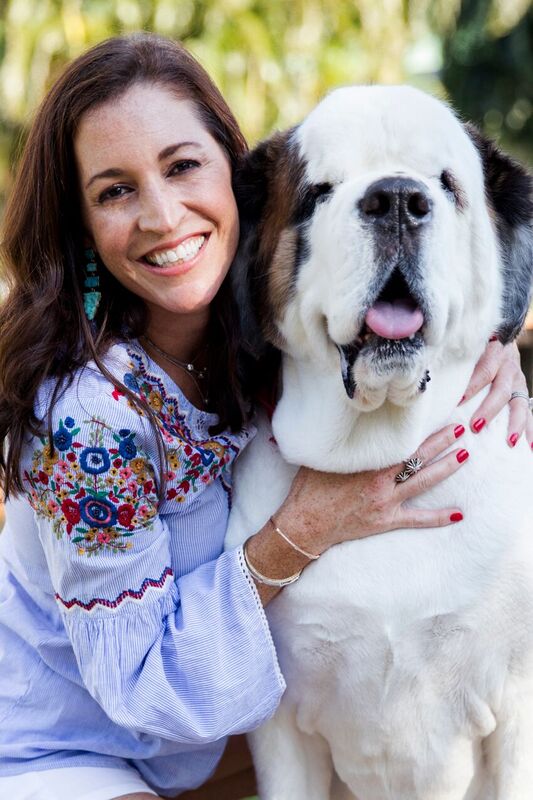
A Veterinarian’s Tips on Diabetes and Your Pets
Did you know that our pets can get the same diseases that people get? Did you know that many of the causes of these diseases are the same? Working as a small animal veterinarian, I am commonly diagnosing pets with diseases such as heart disease, periodontal disease, diabetes, and even cancers that are the same type found in humans. Similar to people, with obesity on the rise in our pets, diabetes mellitus is becoming more commonly diagnosed. So today I would like to discuss diabetes mellitus, predisposing factors that can lead to this disease, and ways to treat and manage diabetes in our pets. Let’s get started:
What is Diabetes Mellitus?
Diabetes mellitus is a chronic metabolic disorder that occurs when your pet’s body is not able to regulate their sugar levels in their blood stream. Diabetes results with chronically elevated blood sugar levels that can cause a multitude of complications. There are two forms of this disease, Type I and Type II:
Type I, also known as insulin dependent diabetes mellitus, occurs when your pet’s body does not make insulin. Insulin is a hormone released into the blood stream by the pancreas to lower blood sugar levels. When your pet’s blood sugar levels are high, for example after meals, insulin is released from the pancreas to move sugar out of the blood stream and into cells for storage and energy.
Type II diabetes, also known as non-insulin dependent diabetes mellitus occurs when the body produces insulin is but is not responsive to it.
What Causes Diabetes?
Diabetes can be caused by many factors both genetic and environmental. There are certain breeds of dogs that have a genetic predisposition for diabetes such as Samoyeds and Keeshonds. Like people, environmental factors such as obesity can put pets more at risk for developing diabetes.
What Are The Symptoms of Diabetes?
There is an array of symptoms associate with diabetes but the most common signs are:
- Increased thirst
- Increased appetite
- Increased urination
- Lethargy
- Weight loss
- Dull hair coat
- Cataracts in dogs
If any of these clinical signs are noted, it is important to have your pet evaluated by your veterinarian.How
Do You Diagnose Diabetes?
Your veterinarian will take a detailed history of your pet’s clinical signs and perform a thorough physical examination. Diabetes mellitus is diagnosed with basic bloodwork and a urinalysis.
How Do You Treat Diabetes?
Just like in people, Diabetes is a manageable disease. Diabetes is generally managed with injectable insulin, diet, and weight loss. Treatment is aimed at stabilizing the blood sugar levels, and preventing extremely high spikes of sugar in the blood. There are different types of insulin and your veterinarian will prescribe the correct one for your pet’s individual needs. In addition to insulin treatments, your veterinarian will recommend diet changes, such as Royal Canin Veterinary Diet Glycobalance S/O Index Dry Cat Food. Specific diet changes in addition to exercise routines will be recommended by your veterinarian according your pet’s individual needs. At home monitoring of your pet’s glucose levels are a part of managing the disease. I recommend Petnostics Diabetes Dog & Cat Test Strips Kit for my pet parents. Supplements such as Animal Necessity DiaVetin Natural Diabetic Dog & Cat Supplement are helpful to control the blood sugar levels in a natural way.
Diabetes is a disease that, when caught early and treated properly, can be controlled. Complications because of diabetes may be prevented if managed correctly. I hope this article helps to inform pet parents on diabetes and ways we can treat, and maybe event prevent, our pets from getting this disease. With pet obesity on the rise and being a predisposing factor in causing diabetes in pets, maintaining your pet at an ideal body weight and keeping them active is vital. Speak with your veterinarian regarding the best diet and proper exercise for your pet. Your veterinarian is always your best resource for the overall health and wellbeing for your pet. Always consult with them for any health matters and if your pet is showing any signs of illness.


